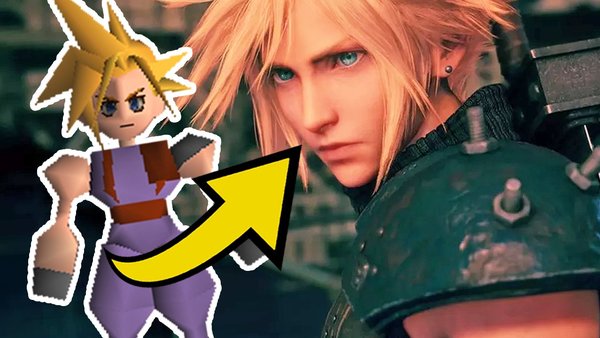The Evolution Of The JRPG
One of gaming's all-time greats, but how did we get here?

The release and critical acclaim around Final Fantasy VII's launch, way back in 1997, is often credited as the rise of the "Japanese role-playing game" in the West, and with good reason. It was a smash hit, as well as serving as a technical showcase for what Sony's first PlayStation could do at the time.
Before then, there was no massive "East vs. West" debate that we have grown used to now. Role-playing games in the States were usually confined to the home computer, with Ultima and Might & Magic leading the way, whilst companies like Sierra went for the more story-focused, point-and-click style of high fantasy with King's Quest.
The genre proved popular over platforming and shooters for favouring epic storytelling, and giving players more variety in customising how they saw their player character develop. Dungeons & Dungeons, the popular tabletop game, and Lord of the Rings proved popular source material to port or plagiarise, leading to eventual acclaim in series' like Warcraft, Elder Scrolls and Diablo in the early nineties.
Overseas however, fantasy games were following a different track.
Geared towards turn-based battles over point-and-click, overblown uses of magic and world-destroying stories on par with Eastern anime fables (which was also breaking into cinema with classics like Akira), large bosses and even larger hair styles, the JRPG became a massive staple in the gaming world. The major advantage that JRPG's brought were the accessibility of being on home consoles, like NES and Master System(s) over the PC, which on the surface may look simplified, but many were about to be surprised.
It may have been Square Enix's Final Fantasy VII that led the charge overseas in the mid-to-late nineties, but that doesn't mean it was slouching before that. Many a favoured franchise today, whether it be Enix's long-running Dragon Quest, or something more recent like Persona, all started as far back as the late 80's.
So what is it that made this particular sub-genre of epic fantasies, journeys across space and time or just more romanticised takes on Eastern myths so popular in their heyday, and more importantly, where are most of them now?
Let's have a retrospective look...